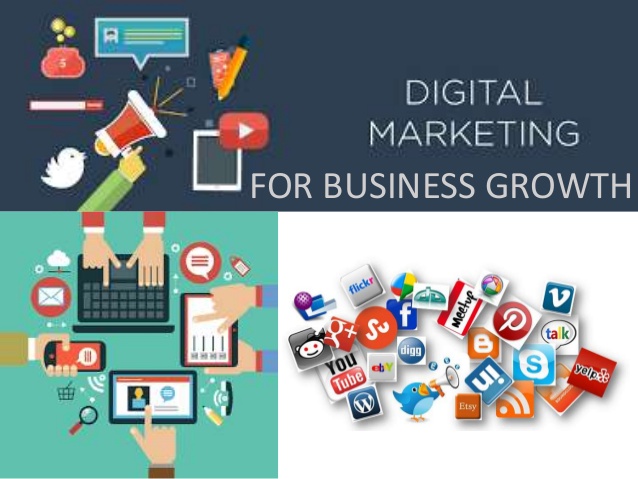- October 19, 2017
- Posted by: SouTech Team
- Category: Consulting, Digital Marketing, Sales and Marketing
 INTRODUCTION
INTRODUCTION
When considering the definition of Content Marketing, first of all, we will look at content as a subject with its own definition as well as marketing being included. In my own definition and understanding of the word content, i will say it is the actual embodiment of the complete package your product or services carry for your client and customers while Content marketing, on the other hand, is known by many names such as inbound marketing, corporate journalism, branded media, native advertising, and customer publishing to name a few.
Considering the basic idea behind the strategy will always remain the same, i.e., to source for, create and distribute content that engages and attracts a targeted audience, while encouraging them to take action which is profitable to a business.
WHY CONTENT MARKETING AS THE MOST EXPENSIVE?
Notable, the swift growth of the World Wide Web, social networks, and mobile technologies has changed how consumers perceive and embrace businesses because some average consumers today won’t just buy a product just by passively watching its advertisement on a billboard or television. They go as far as to research on Google to compare similar products, read the product’s review online by experts and users, and even ask their friends on social networks, before spending their money on purchasing the said product.
This has resulted in businesses need to rethink their traditional marketing strategies and channels if they want to earn the trust of their customers and influence their buying decisions. Content marketing at this point becomes the key object and tool which plays an important role as it helps businesses to attract potential consumers’ attention towards their products or services by highlighting and promoting their key features and instigating buyers to know why the product should be their preference.
Content marketing suppresses every other component and tool as well as engages so many creative heads which actually means you can choose to employ more just for content marketing or you go ahead to employing the services of professionals on platforms like Fiverr etc.
THE STRATEGY:
Well, as simple as that word may sound, it may not be as easy as anyone imagines because before you create a content marketing strategy for your business, you will need to define the goals first.
Now let me ask, what exactly are you trying to achieve with your content? Is it more subscribers to your blog? Or is it traffic acquisition? You want to retain visitors or have them purchase instantly? Or maybe, you want certain sales pages of your website to convert? Whatever your achievement objectives are, you need to clearly list the goals before you even consider to begin laying down the strategies.
CONCLUSION:
On this note, there are certain elements to a content marketing strategy which is likely the same, regardless of your goals which I have taken the time to list a few below. You go further to taking out on your personal time to look into them and elaborate them personally.
- Need to Understand your customers
- Building a realistic brand message or story is Important
- Defining your content whilst you create them
- Regularly measure your content achievement
Should you want to learn more and grow in your knowledge? enrol for our digital marketing training today



